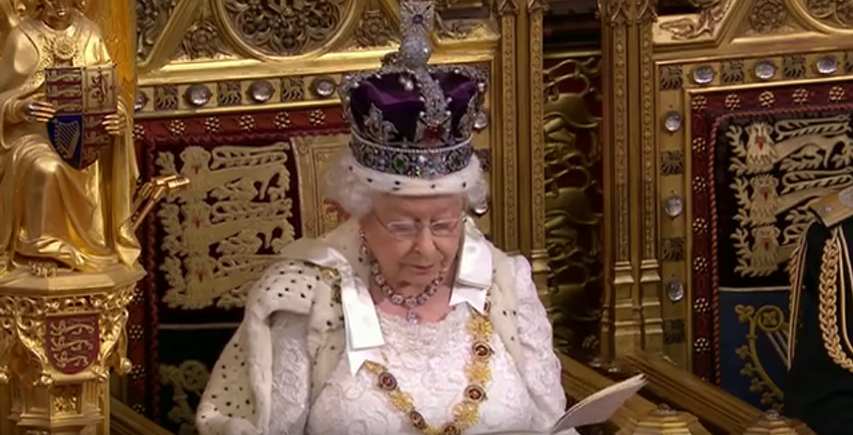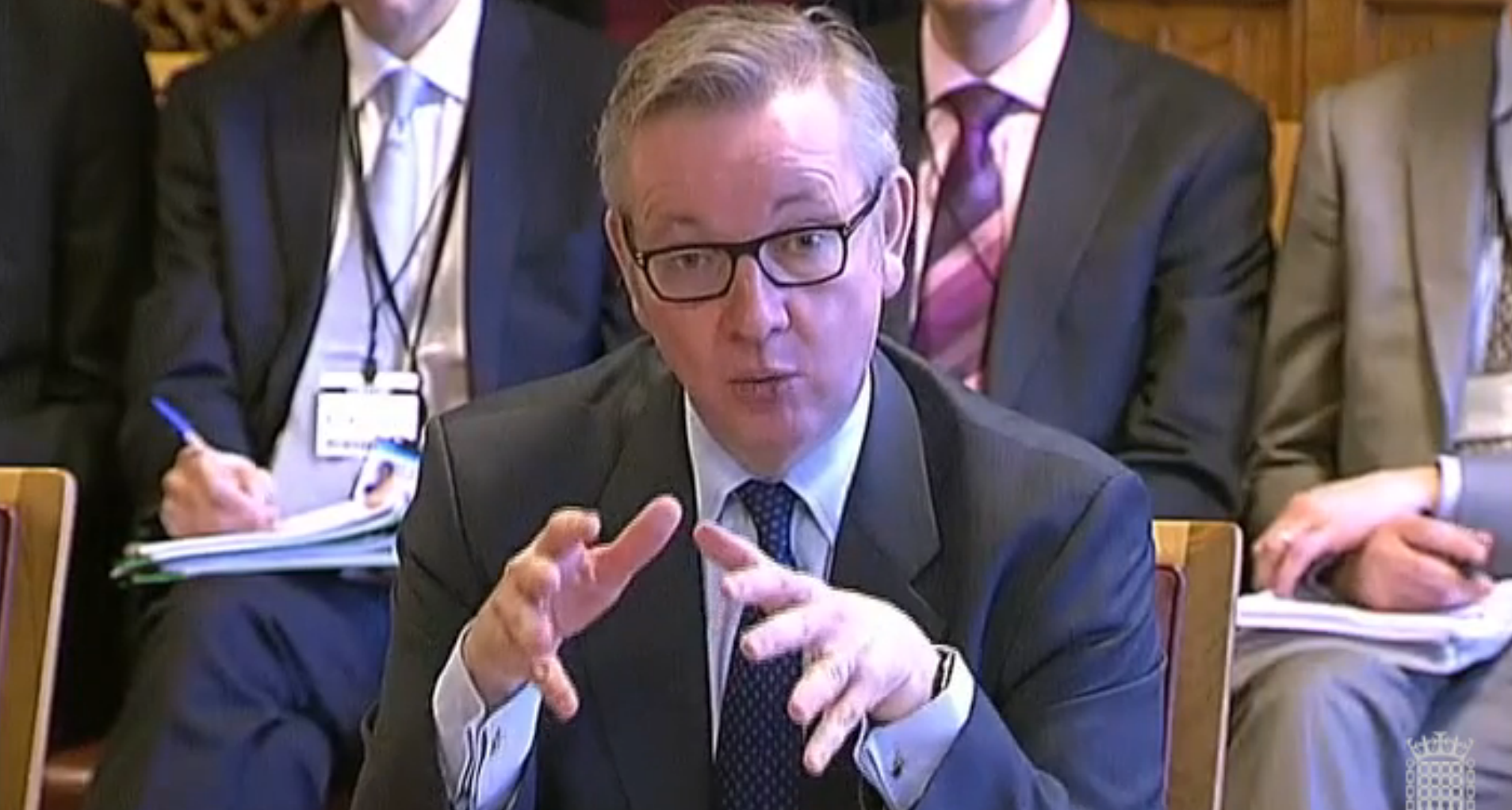It is being reported that the Queen’s speech today will be used by David Cameron to push ahead with a British Bill of Rights.
We’ve heard similar things before, so – let’s pause a second – how much do we actually know about the British Bill of Rights?
1. It started with a proposal…

In 2014 the Conservatives published ‘Protecting Human Rights in the UK’, a document outlining their proposals for changing the UK’s human rights laws. This entailed repealing the Human Rights Act, re-defining the UK’s relationship with the European Court of Human Rights, and creating a British Bill of Rights and Responsibilities, which it said would be published “shortly”. The stated aim of the changes was to “restore common sense and put Britain first”.
2. Then came the manifesto
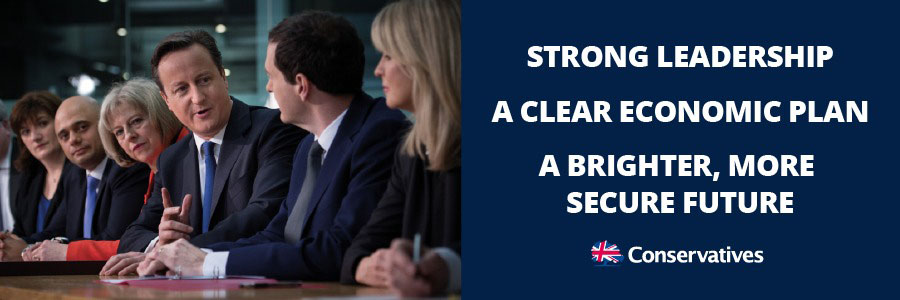
Before the Conservative party won the 2015 election, their party manifesto had proclaimed:
The next Conservative Government will scrap the Human Rights Act, and introduce a British Bill of Rights. This will break the formal link between British courts and the European Court of Human Rights, and make our own Supreme Court the ultimate arbiter of human rights matters in the UK.
The manifesto text on the Bill of Rights was shorter and less pronounced than the 2014 proposals had led people to expect, appearing only on page 60.
3. The Queen’s 2015 Speech dedicated 12 words to the Bill of Rights
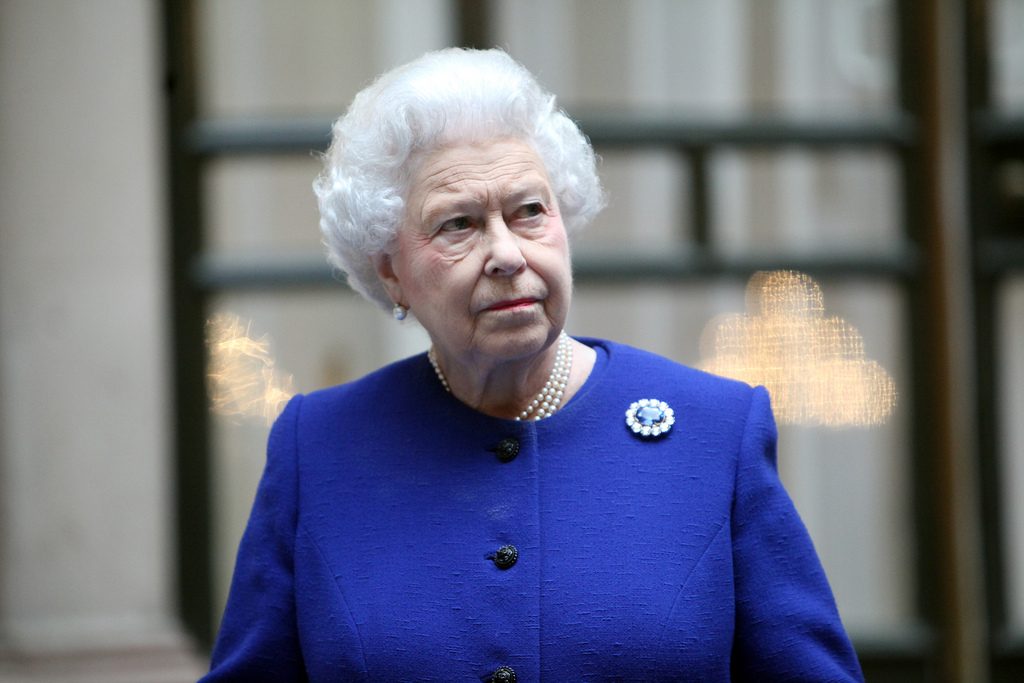 Noticeably, the Queen’s speech at the State Opening of Parliament in 2015 only dedicated 12 words to the British Bill of Rights. For that reason, many MPs thought the plans to introduce a British Bill of Rights would be delayed to this Parliament or later on in the Conservative party’s term. The Queen’s 12 words on the British Bill of Rights were:
Noticeably, the Queen’s speech at the State Opening of Parliament in 2015 only dedicated 12 words to the British Bill of Rights. For that reason, many MPs thought the plans to introduce a British Bill of Rights would be delayed to this Parliament or later on in the Conservative party’s term. The Queen’s 12 words on the British Bill of Rights were:
My government will bring forward proposals for a British Bill of Rights.
4. David Cameron vowed to fix human rights ‘mess’

Following the Queen’s Speech, Prime Minister David Cameron wrote an article in The Sun newspaper in June 2015 vowing to “sort out the complete mess of Britain’s human rights laws.” On this point, he was “absolutely clear”. A new British Bill of Rights, he said, would “restore common sense to our legal system”.
5. The Independent revealed British Bill of Rights to be “fast-tracked” into law by summer 2016
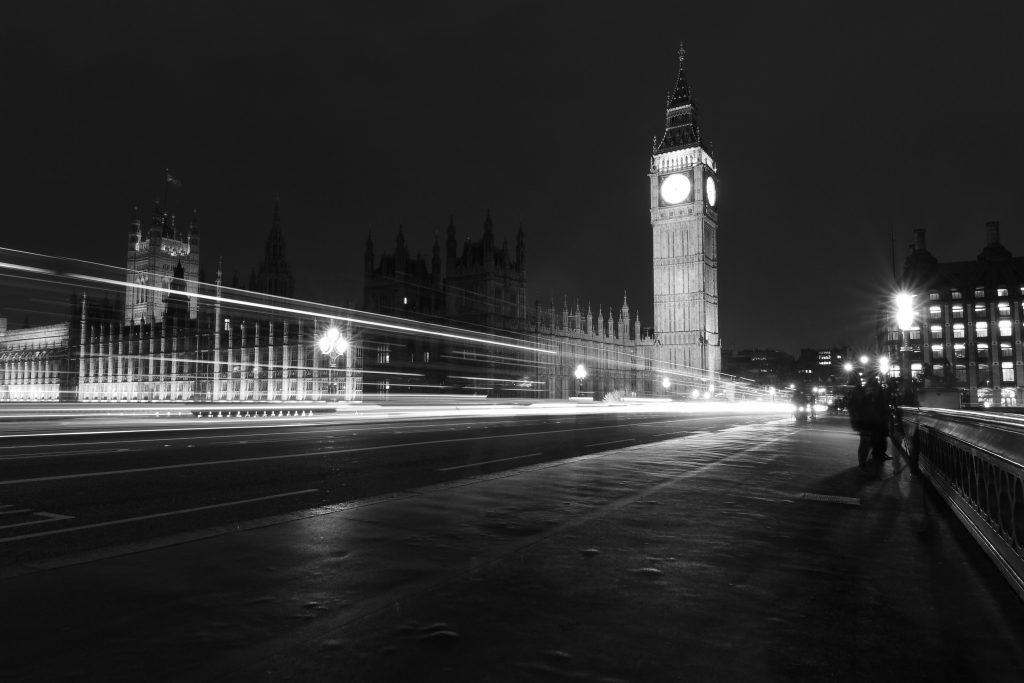
In October 2015 The Independent published an exclusive article revealing that a British Bill of Rights would be “fast-tracked” into UK law by the summer of 2016. It also stated that public consultations on the Bill would run from November or December 2015. No consultation appeared.
6. Michael Gove let slip that the delays to the consultation are caused by “complex” legal issues
On 2 February 2016, Michael Gove gave evidence to the House of Lords EU Justice Committee as part of its inquiry into the impact of repealing the Human Rights Act on EU law. Gove said that the process of replacing the Human Rights Act with a British Bill of Rights had become embroiled with questions of whether the UK should leave the European Union, and whether the UK Supreme Court should be turned into a “constitutional court” like Germany’s. See our explainer here.
7. The House of Lords EU Justice Committee said there was a “forceful case” for the government to re-think Bill of Rights policy
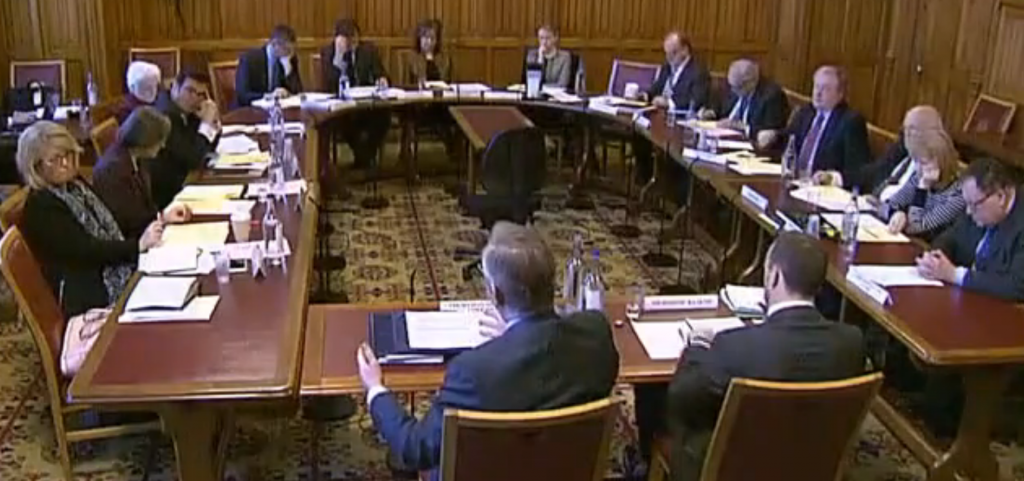
In May 2016, the House Lords committee reviewed the government’s plans and concluded that they were not all that different to the current system under the Human Rights Act. Which led them to question why we need a British Bill of Rights at all.
What happened next…
Since then, there’s been a smörgåsbord of political opinion on the topic. Theresa May said she wanted Britain to leave the European Convention on Human Rights but stay in the EU. The government’s chief legal adviser said that wasn’t happening and the consultation on the future of human rights will be published in “due course”.
For the full array of ministerial opinion on staying in/out of the European Convention on Human Rights (and the EU, for good measure), see our image below:
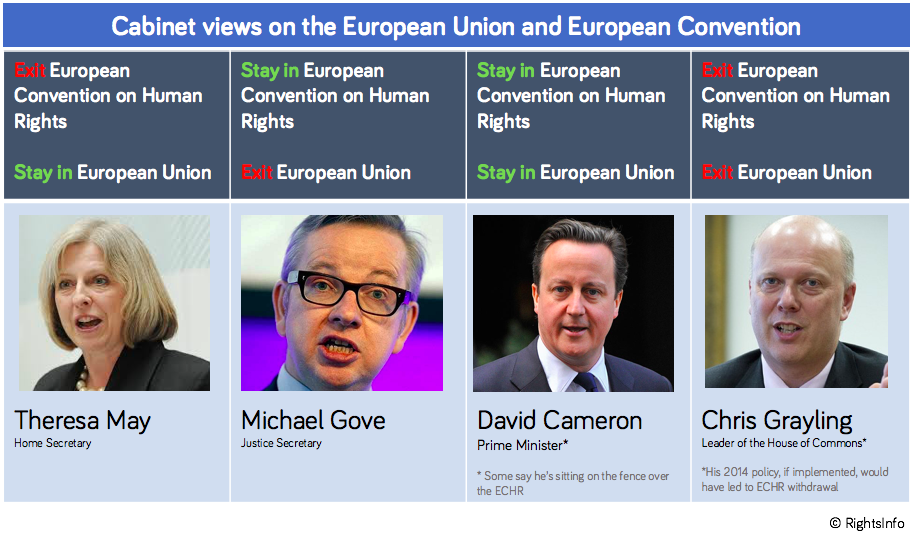 For the rest of you, join with us in sharing Marvin Gaye’s famous sentiment, first released in 1970 but still relevant today:
For the rest of you, join with us in sharing Marvin Gaye’s famous sentiment, first released in 1970 but still relevant today:
What’s Going On?
Perhaps we will find out in the Queen’s Speech today.
For more information, please read:
- Our Explainer on the British Bill of Rights.
- Our post on the EU Justice Committee’s report urging the government to re-think its Bill of Rights policy.
- The opinion piece of RightsInfo’s director, Adam Wagner, on whether it’s time to scrap plans for a British Bill of Rights.
Ring Image © David Theduy Nguyen used under Creative Commons Attribution-NonCommercial 2.0 Generic Licence. Manifesto Image © Conservative Party.

